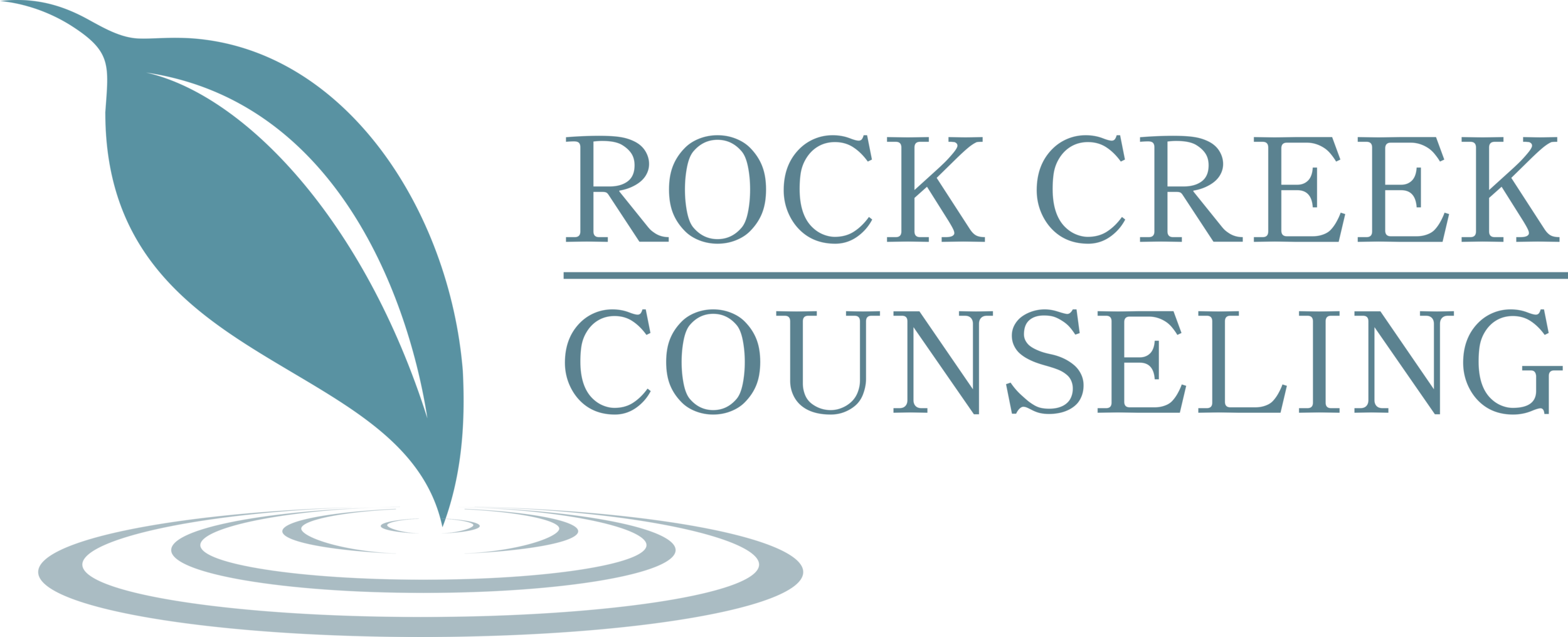How to Identify, Cope, and Mitigate Stress
Similar to grief, we each experience stress in uniquely different ways. What may trigger a feeling of stress for one individual may not incite stress for another.
Likewise, two people may experience stress differently. One person may experience panic or anxiety attacks while another may feel chronically fatigued, living in a constant state of exhaustion.
What is Stress?
What is stress, really, if we each experience it differently? The Mental Health Foundation defines stress as the state of being overwhelmed or unable to cope with mental, physical, emotional and psychological pressure.
The experience of stress occurs when we are being challenged with something new or unknown, something that may feel threatening to our wellbeing, way of life, sense of identity, or closely held beliefs. At a biological level, stress occurs when we feel threatened.
In our modern way of living, with fast-paced work environments, momentous self and imposed expectations, constant digital interaction and more - our brains and bodies feel pressure in a variety of ways almost constantly.
It isn’t surprising that so many of us experience stress and burnout in one form or another. What is surprising is how so many move past the call of our hearts and minds to rest, relax, and refresh.
Am I Really Stressed?
When feelings of stress arise our bodies jump into action, triggering a hormonal reaction and boost in immune response. This is a great tool for protection when we need it, but when that alarm is constantly sounding it can take a toll on our bodies.
If you’re experiencing stress you may be feeling anxiety, depression, a lack of inspiration or motivation. You may find it difficult to engage in activities you used to love. You may be easily frustrated or constantly irritable. You may find it difficult or even impossible to find peace and rest.
Your body may be feeling physical symptoms as well, like heart palpitations, headaches and chronic migraines, shallow breathing or hyperventilating, among an array of other symptoms.
How Can I Deal With Stress?
There are many ways we can manage stress and the effects of stress on our hearts, minds and bodies. To begin, we can deal with stress itself, finding ways to lessen its symptoms and its effects.
How to Deal with Stress Itself
It first begins with realizing a problem exists. Sometimes we are able to remove the stressor itself, and sometimes we may struggle to remove or even identify the stressor. When we can’t remove or identify a stressor, we can and should find ways to deal with stress itself when we experience it.
First, practice becoming more self-aware and know that it’s okay to not feel okay. Take note of what feels like stress to you. Do your palms sweat? Does your heart rate spike? Does your blood pressure go crazy? Do intrusive, negative thoughts derail you? Notice how you’re experiencing stress, and begin to highlight when these reactions occur so you can identify your triggers.
Next, explore calming techniques that work for you. Journaling may work for some, but others may prefer meditation or listening to music. Taking a walk or listening to rain sounds may soothe you. Explore different tactics and be open to trying new things, even if they seem different at first.
Work on Removing Stressors
When you’re able, try to remove stressors and stressful situations from your life - even if it’s for a season. If you need to, you can focus on healing from stress and practice new calming and coping techniques while you remove stressors for a season.
Removing stressors will look different from person to person. Sometimes it means asking for a vacation or taking extended time off. Sometimes it can look like finding a new job. Sometimes it can look like simply saying, ‘No,’ to more projects or responsibilities than you usually assume.
For others it may look like distancing oneself from toxic relationships, either completely or seasonally. For many of us, we will need to create boundaries that define parameters of work, play and rest (let’s be honest, when have you truly taken a beat to focus on those last two?).
It begins with recognizing how stress is manifesting in your mind, body and heart and making connections to the triggers in your life. Once you identify the root causes, however many or few, you can identify ways of coping with, minimizing or eliminating those stressful situations.
As always, seeking support from a licensed professional is a fantastic way to support your healing journey. If you want to learn more about how to start your healing journey with therapy or what you can expect during your first therapy session, check out our blog or contact us for a free, no strings attached consultation.
